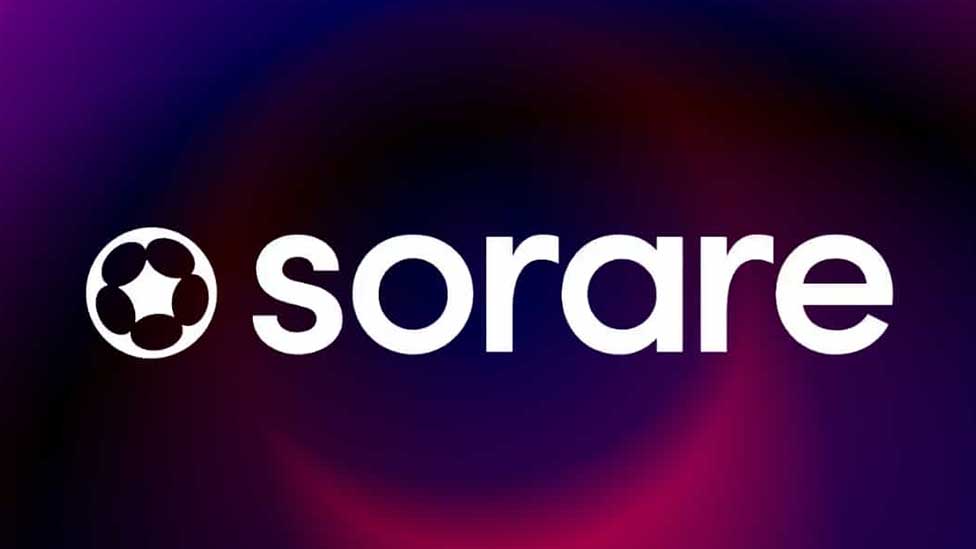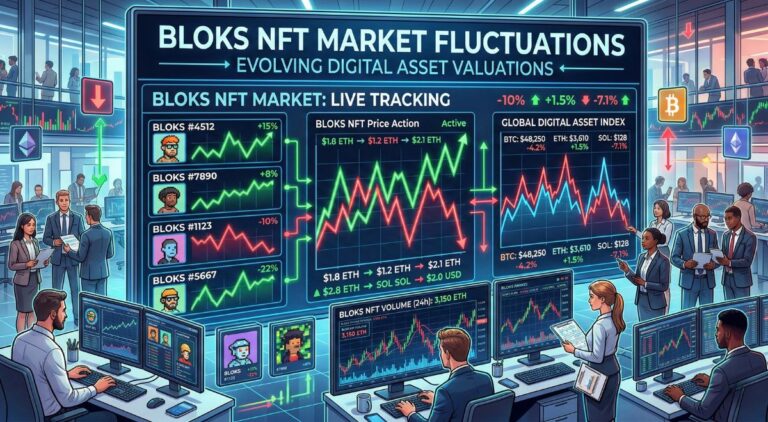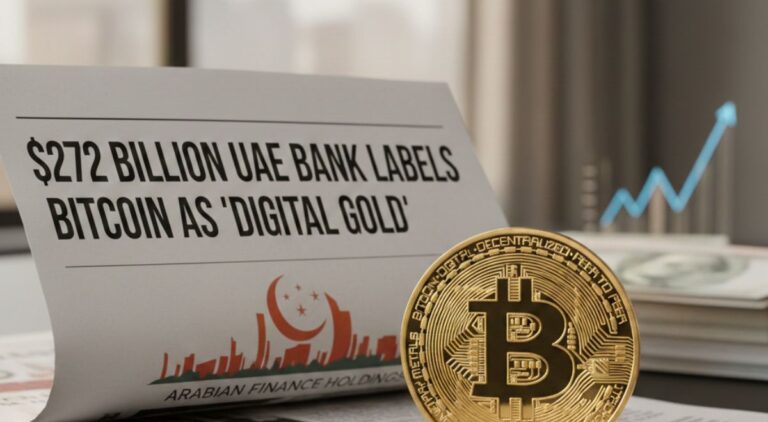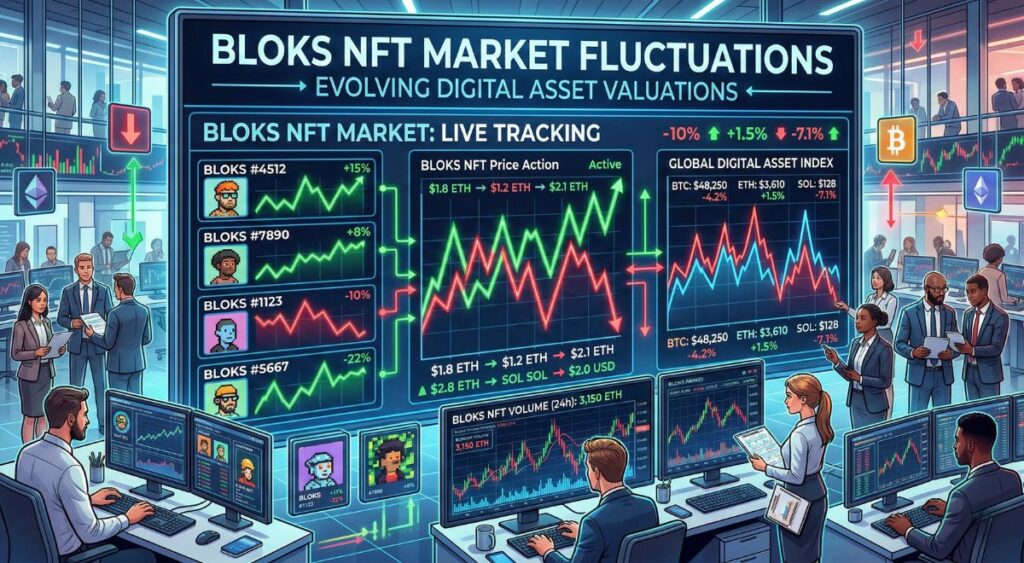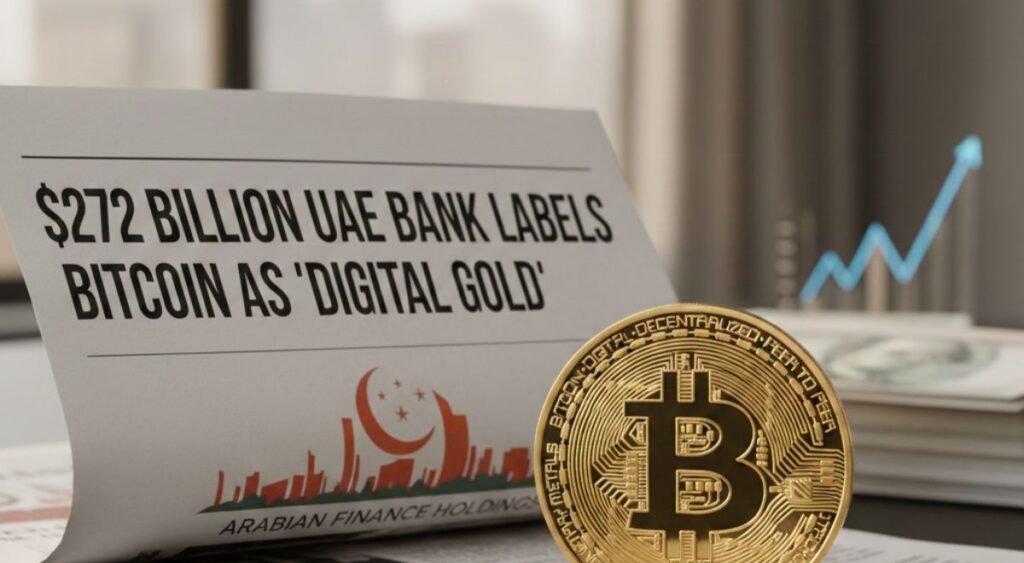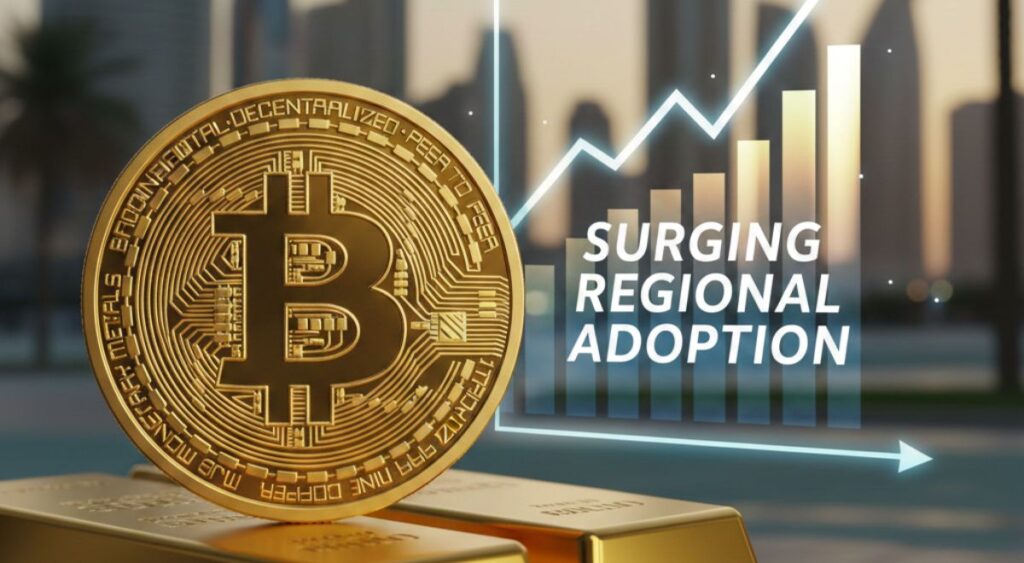Leading NFT-based fantasy sports platform Sorare has announced plans to migrate its ecosystem to the Solana blockchain, calling the move a significant step toward a faster, more open, and interconnected digital sports economy.
In an official statement shared on X (formerly Twitter), Sorare described the migration as an “upgrade, not a replacement,” signaling its intent to evolve beyond its current technical infrastructure to better support scale, liquidity, and on-chain functionality.
“We’re building an open and on-chain sports platform where speed, liquidity, and utility are at the core of a new digital sports economy,” the company said.
Migration Timeline and Key Technical Changes
The transition will begin in early October, starting with Ethereum (ETH) balances moving from StarkEx, Sorare’s current Layer-2 solution, to Base, the Coinbase-operated Layer-2 network. This step is designed to enhance user accessibility and reduce gas fees for wallet transactions and gameplay interactions.
By the end of October, Sorare will complete the main phase of its migration, with all existing Sorare player cards reissued as Solana-based NFTs. The company confirmed that every digital card will retain its original scarcity tier, XP, metadata, and serial number, ensuring full continuity for players and collectors.
The decision to transition to Solana reflects Sorare’s growing focus on transaction speed and user scalability — two of the network’s defining strengths. Solana is capable of processing thousands of transactions per second at minimal cost, a key advantage for Web3 gaming projects that depend on real-time trading and gameplay.
“It’s not a replacement, it’s an upgrade,” Sorare emphasized, adding that Solana’s technical capabilities align more closely with its long-term goal of creating a seamless, multi-chain sports experience.
Multi-Chain Payments and Expanded Ecosystem
As part of the migration, Sorare will roll out multi-chain payments, enabling users to conduct transactions in ETH, SOL, or stablecoins for in-game purchases, tournaments, and player rewards.
This update is expected to make Sorare’s platform more flexible and globally accessible, especially as crypto users increasingly diversify their holdings across multiple chains.
Players will soon be able to manage assets directly through Phantom Wallet, one of Solana’s most popular non-custodial wallets, while also enjoying the freedom to trade cards across external NFT marketplaces such as Magic Eden.
This interoperability marks a major shift for Sorare, which has traditionally operated within its own closed marketplace. The ability to trade assets on third-party platforms enhances liquidity and visibility, allowing player cards to reach a wider audience of collectors and investors across the Solana ecosystem.
A Potential Utility Token in the Works
Sorare also hinted at the introduction of a utility token, designed to reward users for both gameplay and trading activity. While details remain limited, the company suggested that the token will unlock new use cases across its ecosystem — possibly including staking, governance participation, and exclusive access to events or tournaments.
Industry observers note that this would align Sorare more closely with leading Web3 projects that are building integrated token economies to enhance user engagement and platform growth.
If launched, the token could position Sorare as one of the first mainstream fantasy sports platforms to bridge NFT-based ownership with tokenized gameplay incentives, a combination increasingly popular in decentralized gaming and metaverse ecosystems.
Solana’s Growing Appeal Among Web3 Projects
Sorare’s migration follows a growing trend of Web3 platforms shifting to Solana in search of improved performance and cost-efficiency.
Projects such as Helium, a decentralized wireless network, and DeGods, a leading NFT collection, have previously migrated to Solana to benefit from its high throughput and low transaction fees.
This latest move further reinforces Solana’s position as a preferred blockchain for high-volume consumer applications — including gaming, NFTs, and decentralized finance (DeFi) — where scalability and user experience are crucial.
Analysts say Sorare’s decision could help boost adoption across both the NFT and sports-tech sectors, demonstrating how blockchain interoperability can reshape fan engagement and digital asset ownership in global sports.
“Sorare’s shift to Solana shows how the Web3 ecosystem is evolving from experimentation to maturity,” said one industry expert. “This isn’t just about faster transactions — it’s about building the infrastructure for a sustainable digital sports economy.”
The Future of Digital Sports and Web3
Since its founding in 2018, Sorare has grown into one of the world’s leading fantasy sports platforms, with partnerships spanning global football clubs, the NBA, and Major League Baseball. Its use of blockchain to authenticate and trade digital player cards has helped redefine how fans interact with their favorite sports and athletes.
By migrating to Solana and embracing a multi-chain, user-driven model, Sorare is signaling a new phase in its evolution — one that blends the accessibility of traditional gaming with the innovation of blockchain technology.
As the Web3 landscape continues to mature, Sorare’s “upgrade” could set a new standard for how NFT platforms scale — faster, cheaper, and more connected than ever.

